Choosing the Right Industrial Pallets for Your Logistics
Selecting the appropriate industrial pallets is a critical decision that impacts the efficiency, safety, and cost-effectiveness of your logistics operations. With a wide range of materials, sizes, and designs available, understanding your specific needs is essential to make the best choice.
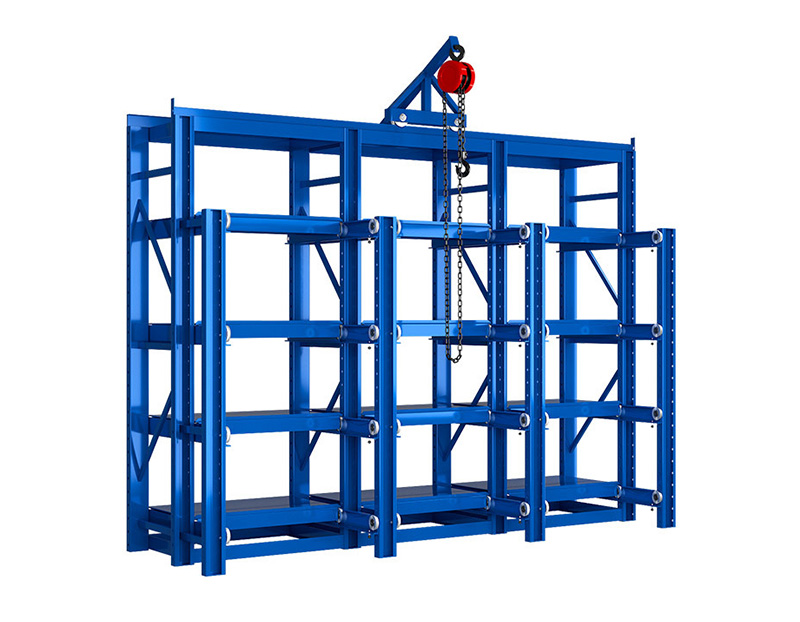
Wooden pallets remain the most common type due to their affordability and ease of repair. They are versatile and suitable for many applications but require regular maintenance to prevent splintering and contamination. Additionally, they may not comply with all international shipping regulations without proper treatment.
Plastic pallets offer durability, resistance to moisture, and a longer lifespan than wood. They are lightweight and hygienic, making them ideal for food, pharmaceutical, and cleanroom environments. However, their higher upfront cost can be a consideration depending on budget constraints.
Metal pallets, typically made from steel or aluminum, are the strongest and best suited for heavy loads or harsh environments. They resist impact, corrosion, and extreme temperatures but are significantly heavier and more expensive, requiring specialized handling equipment.
Size and load capacity are also crucial factors. Pallets must fit the dimensions of your storage racks and transport vehicles while supporting the weight of your goods safely. Standard pallet sizes like the 48”x40” (North America) or 1200mm x 1000mm (Europe) are common, but custom sizes can be manufactured for specialized applications.
Other considerations include stackability, compatibility with forklifts and pallet jacks, and compliance with industry regulations such as ISPM 15 for international shipping.
In summary, choosing the right industrial pallet involves balancing cost, durability, regulatory compliance, and suitability for your specific logistics needs. A well-informed choice enhances operational efficiency, reduces damage risk, and supports smoother supply chain processes.
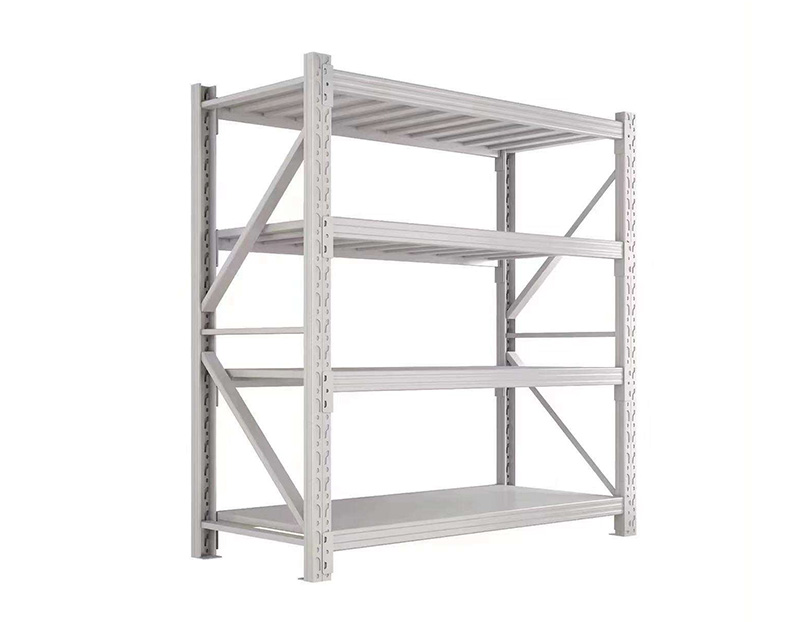 Smart Storage Equipment: Top B
Smart Storage Equipment: Top B
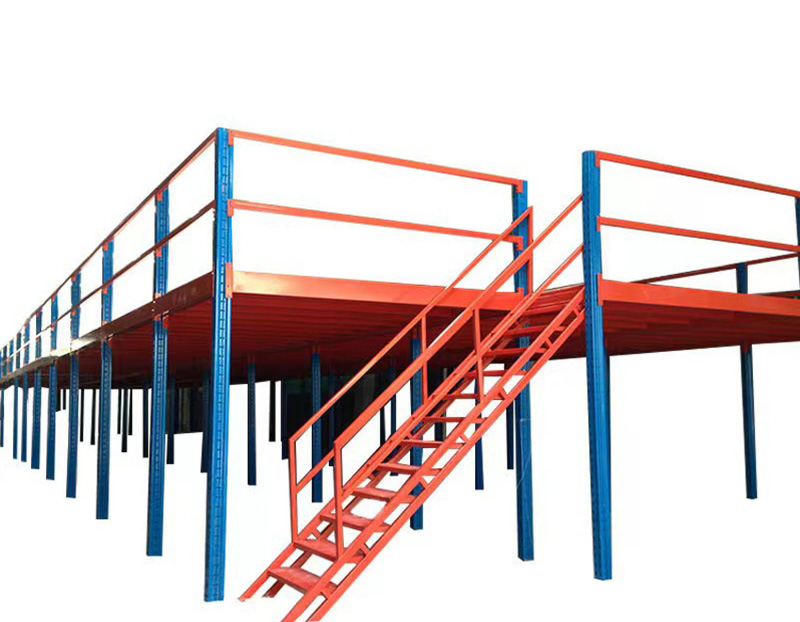 Storage Systems: Design Ideas
Storage Systems: Design Ideas
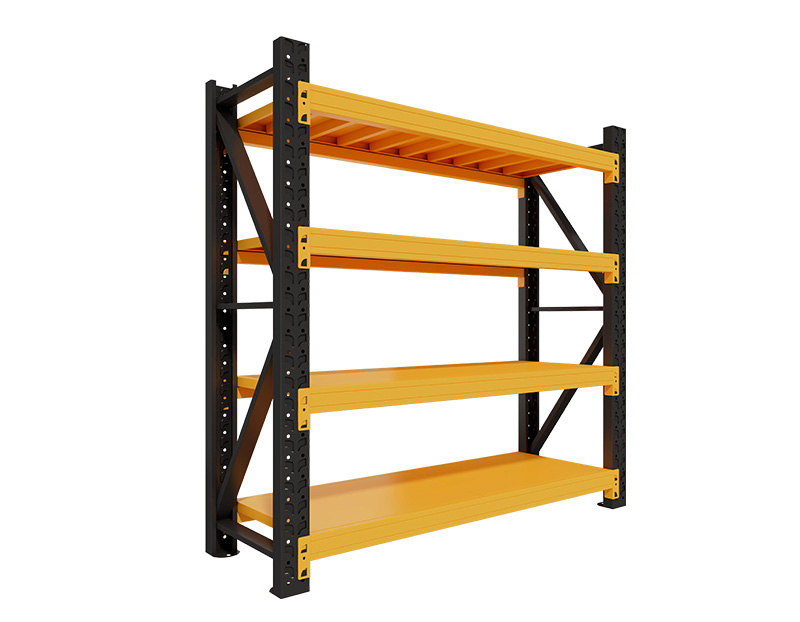 Storage Systems: Best Software
Storage Systems: Best Software
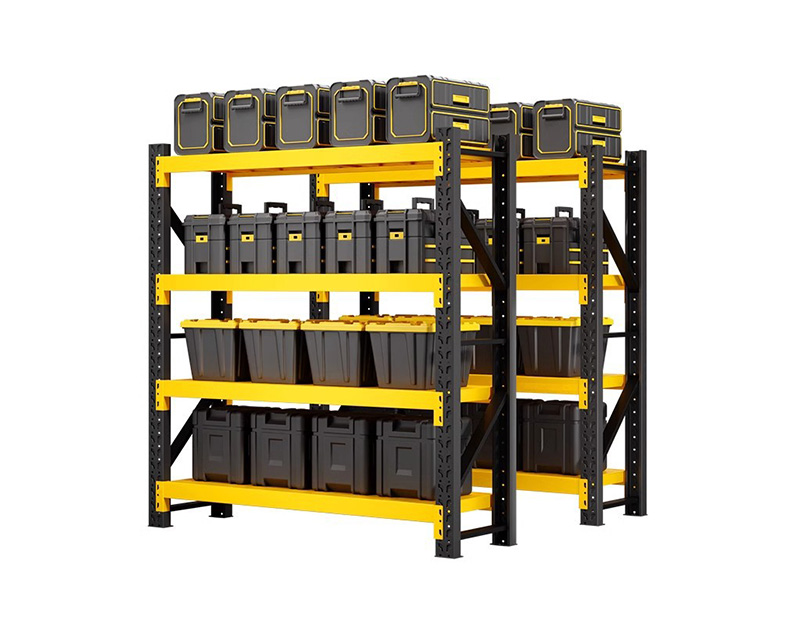 Storage Systems: Maximizing Sp
Storage Systems: Maximizing Sp
